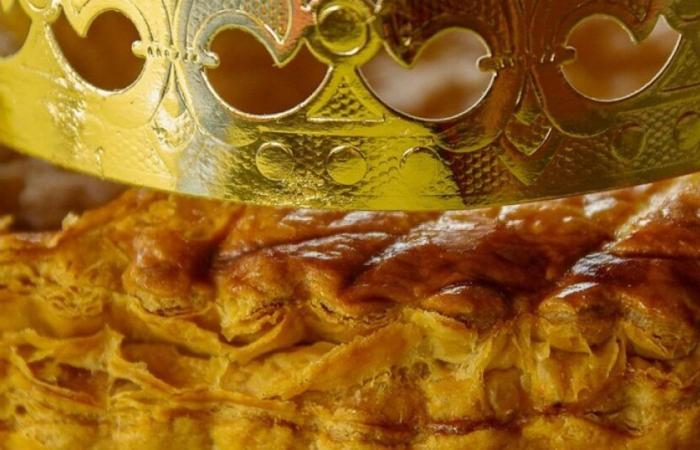Every January 6, while enjoying a galette des rois, we designate by the bean a king or queen of the Epiphany. A tradition that dates back to Antiquity.
But where does the tradition of the bean in the galette des rois come from? This dessert is shared on the occasion of Epiphany, usually celebrated on January 6, or the first weekend of the month if the day is not a holiday. Catholic Christians celebrate the arrival of the Three Wise Men who came to visit Jesus after his birth, recalls The Parisian.
However, contrary to what one might believe, there is no link between the election of a king by the bean and the wise men. Classic, chauvinistic or inspired by pop culture… This rite has its origins in a mixture of cultures, it is a tradition more political than religious.
From legume to bean
The tradition of electing a king randomly was already found in Antiquity, when the Romans appointed him during an annual Roman festival. They played using dried vegetables, white or black beans to elect the slave king for a day to whom his friends pretended to obey during the party.
Since then, this tradition has continued taking different forms. The designation of an ephemeral king made it possible to reverse the roles. “Little ones become big”explains Nadine Cretin, historian of festivals, in the columns of West France.
It was only in the 14th century that this tradition resulted in the insertion of a bean into a cake. First of all, it is a legume: a bean. It was only in 1875 that the legume seeds were replaced by Saxon porcelain figurines, to prevent guests from accidentally swallowing them.
With the emergence of Christianity, the tradition of the galette des rois was integrated into Epiphany. Since then, the one who finds the bean, symbolizing the Messiah hidden among men, becomes the king or queen of the day.
published on January 4 at 4:48 p.m., Hibat Benhalima, 6Medias
Share
France






